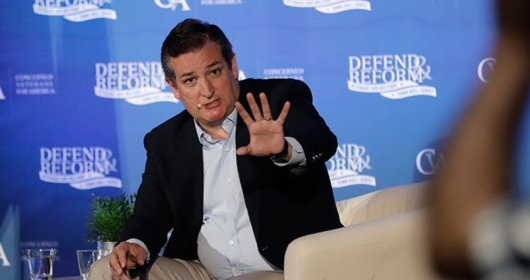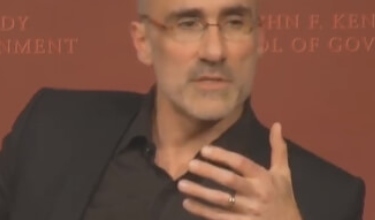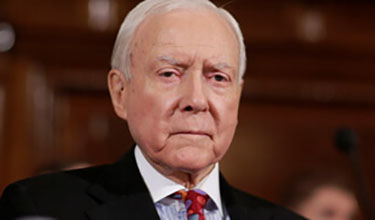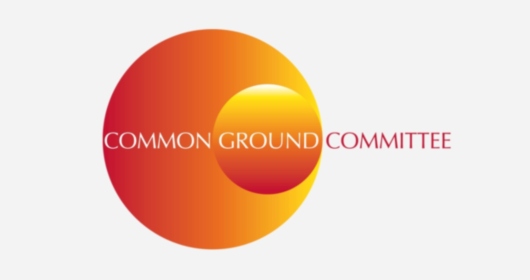Turning Down the Temperature on Town Halls
A recent editorial from the Christian Science Monitor addresses the challenge with incivility in town halls, a relatively new trend that we believe is not helpful for our nation. Town halls are, after all, an integral component of American Democracy. They are places where debate can and should be passionate, and people who are angry with their representatives should have the right to speak out. But the level of incivility has reached a boiling point– too many times no progress can be made on an issue because the desire to vent overcomes the opportunity to hear ideas and compromise on problems. The Monitor editorial suggests a play book to keep that from happening. In short, we can find ways to let all voices be heard while still keeping town halls civil. Read more HERE











